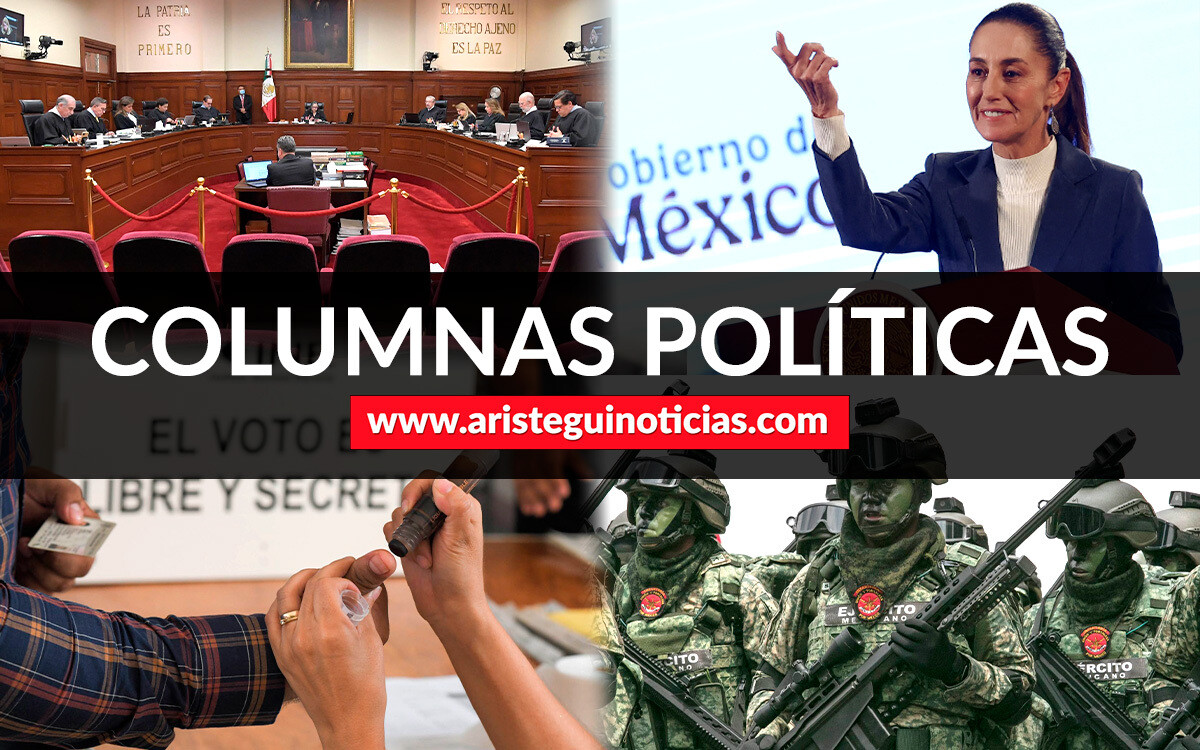
The Secretary of Economy Marcelo Ebrard, supported by the Undersecretary of Foreign Trade, Luis Rosendo Gutiérrez, is working on an agreement to protect workers and companies on both sides of the border against the imposition of tariffs by the President of the United States, Donald Trump. This measure, driven by the Tax Administration Service (SAT) led by Antonio Martínez Dagnino, aims to collect around 44 billion pesos.
According to reports, the SAT has taken action against three companies in Tijuana and Aguascalientes accused of conducting simulated imports worth 15 billion pesos. These companies, identified as maquiladoras, allegedly used an export program illegally, simulating operations through fictitious companies.
Amid these controversies, concerns have arisen among business leaders about how this measure could affect the attraction of foreign investment. COPARMEX has expressed its dissatisfaction, indicating that the SAT has changed its criteria regarding the VAT on so-called "virtual operations," generating uncertainty in the industry.
In another context, during the presentation of the "Live Healthy, Live Happy" strategy coordinated between the Presidency, the Ministry of Public Education, and the Mexican Institute of Social Security (IMSS), speeches were highlighted from figures like Zoé Robledo and Mario Delgado, who quoted authors such as Leo Tolstoy. On the other hand, the population is warned about possible promises to influence media content by political figures.
Regarding the negotiation process with the United States led by Ebrard, the importance of constant dialogue with Howard Lutnick, the U.S. counterpart, and the exchange of strategic information between both countries to better understand the current economic situation is emphasized.













